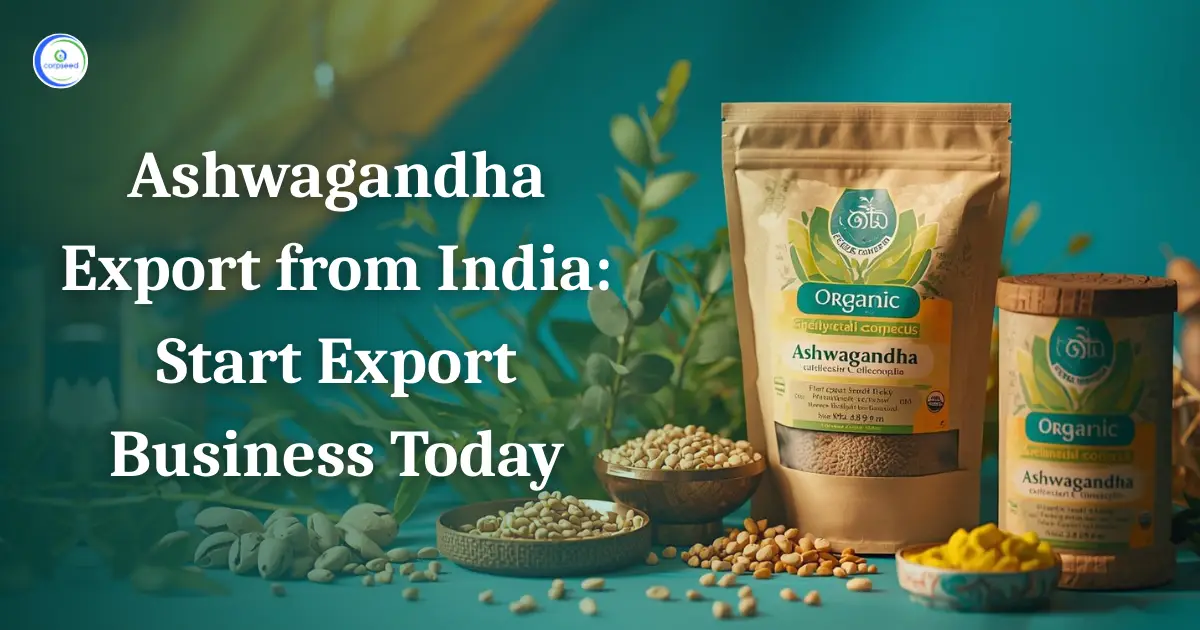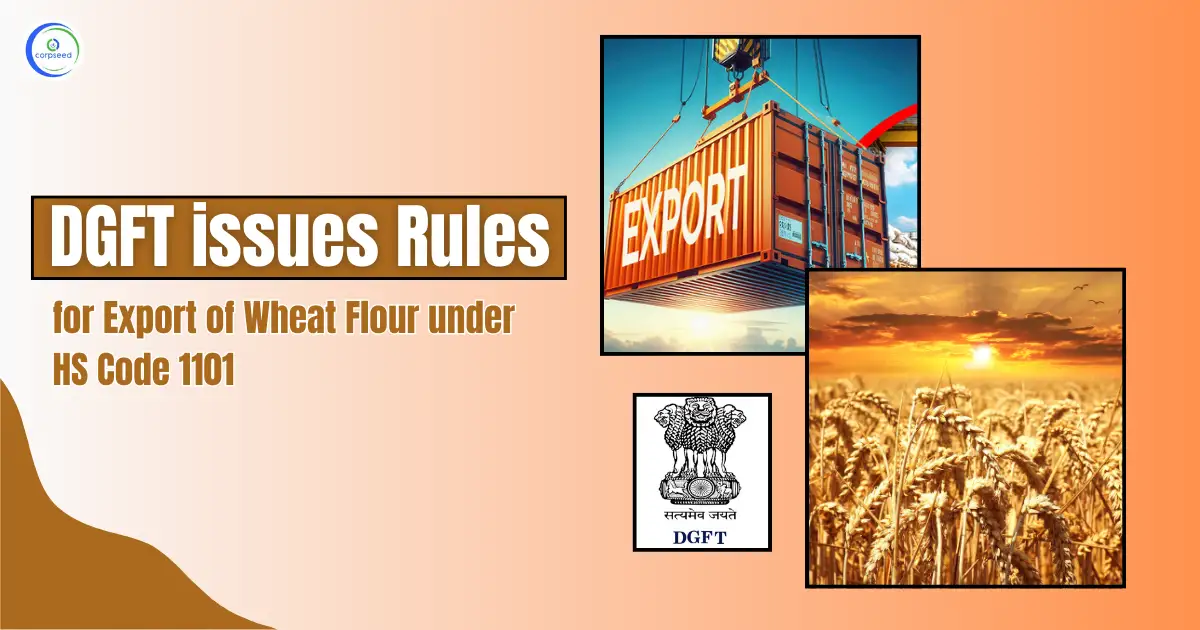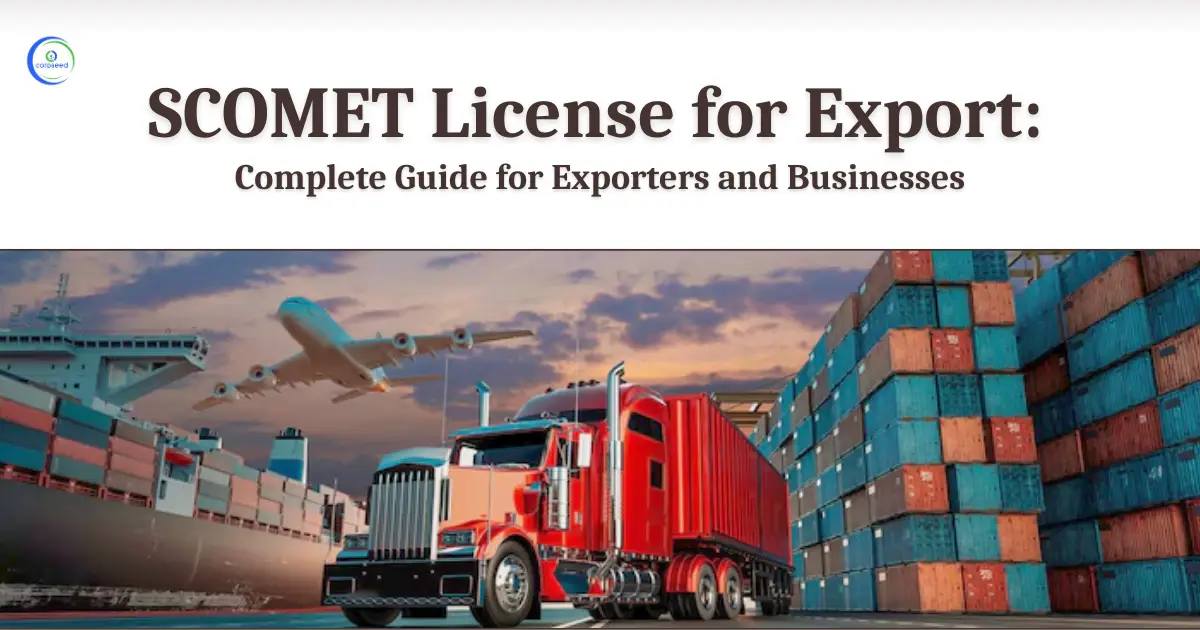Introduction: Export Coffee
Since a very long time ago, the export of coffee products has been a successful industry in India. Section 4 of the Coffee Act of 1942 and the Coffee Rules of 1955 established the Coffee Board, which is governed by the Ministry of Commerce and Industry of the Government of India, for the purpose of organizing the coffee business. The Coffee Board has taken a number of measures to promote research and technological advancement in the production of coffee through research units like the Central Coffee Research Institute at Balehonnur (Karnataka and Chattily) and the Regional Coffee Research Stations at Chundale (Kerala). The Board also focuses on extension and promotional activities, as well as various welfare measures. Since there is such a high demand for Indian coffee around the world, more than 70% of the country's coffee production is exported, which is great for the Indian coffee export industry. Let's examine how to export coffee from India in a simple manner.
Table of Contents
--------------Blog Contact Form-------------
Types of Coffees Exported from India
- Arabica Plantation
- Plantation-A, B, C, AA, PB, Bulk, PB bold
- Mysore Nuggets-EB
- Arabica Cherry
- Arabica Cherry-AB, PB, C, Bulk,
- Mon. Malabar Arabica-AA
- Mon. Malabar Arabica-A
- Mon. Malabar AR. TRIAGE
- Mon. Malabar Arabica-AAA
- Arabica Cherry-AA
- Arabica Cherry-A
- Arabica CHY-PB Bold
- Robusta Cherry
- Robusta Cherry- A, AA, AAA, AB, PB, C, Bulk,
- Robusta Chy Clean BK.
- Mon. Malabar Robusta-AA
- Mon. Malabar Rob-TRIAGE
- LIBERIA Bulk
- Excelsia Bulk
- Robusta Chy-PB Bold
- Instant Coffee (GBE)
- Roasted & Ground Coffee (GBE)
- Roasted Coffee Seeds (GBE)
- Robusta PMT
Prominent Coffee Producing States in India
India is one of the top players in the coffee top in the world, the following are States in India, known for producing coffee are;
- Tamil Nadu
- Kerala
- Karnataka
- Odisha
- Andhra Pradesh
- Arunachal Pradesh
- Mizoram
- Manipur
- Assam
Process for Obtaining a License to Export Coffee from India
Startups wishing to export coffee must obtain numerous licenses, documentation, and compliances from the government of India, which is handled by the Coffee Board of India. The following are the procedures for obtaining licenses from various authorities:
- Coffee board RCMC registration
The Coffee Board, with its headquarters in Karnataka, is an organized administrative body under the Ministry of Commerce, Government of India, for the promotion of coffee production and increasing the export of Indian coffee. The board develops the Indian market to adhere to international standards and serves as an agency for the promotion of Indian coffee exports. It organizes numerous international exhibitions, trade promotional activities, and other trade fairs and participates as an authorized Indian agency in the production, export, and promotion of Indian coffee.
The registration of members as coffee exporters has many advantages, including the exporter's program and exploring international markets for Indian exporters, the export promotion scheme for the ease of business for Startups and Businesses expansion, and the Board's international promotional activities and awareness problems being organized from time to time.
The exporters and businesses engaged in the operation of exporting and selling coffee have to obtain authorization from the Coffee Board, and a Registration cum Membership Certificate (RCMC) for their registration as exporters at the Coffee Board of India. The licensing processes are as follows:
- Go to the official website of the Coffee Board of India
- Click on the RCMC registration
- Register the company as a Registered Coffee Exporter mentioning the required information and thereafter fill in all the requisite information
- Submit the required documents in the prescribed format
- Pay the registration fee either through the online portal
- If all the information found is correct and as per the requirement, the certificate shall be sent to the registered address of the Company.
Documentation for the RCMC Registration
- IEC licensing
- Company incorporation certificate
- Bank, GSTIn, & PAN details of the Company
- Authorized members of banks details & declaration
- FSSAI license
- Certificate of Origin
For the purposes of obtaining the Certificate of Origin and Export Permission, the exporter has to fill out the application Permit Application (EPA) on the official website of India’s Coffee Board. The Coffee Board provides export permission along with the Certificate of Origin to the registered exporter.
- Quality Standard Certification
The coffee products must receive the required certification before they are exported from India, ensuring that the quality of the coffee meets the requirements. For the quality of the products, there are various certifications and authorizations for the grant of benefit through the appropriate authority of the quality standard of India, such as RCMC from the Coffee Board.
- FSSAI Registration Certificate
The coffee exporter needs to obtain FSSAI certification from FSSAI, which is governed under the Food Safety and Standards (FSS) Act, 2006. The FSSAI ensures the quality of the food products, whether they meet the requisites of the food grade or not, and confirms the standard of the consumable products to bring clarity to the minds of merchants, exporters, and traders looking for businesses selling coffee products outside India. The manufacturer has to obtain a separate certificate, and the exporter of coffee products needs to obtain the FSSAI certificate for exporting coffee products outside India. The FSSAI certification ensures the international acceptability of Indian coffee, and India's trade agreements with other nations emphasize how simple it is to export and import goods. From the date of registration, the FSSAI license is valid for five years.
- APEDA licenses
For the proper implementation of the various government initiatives, the exporter needs to obtain APEDA licensing. Under the Agricultural and Processed Food Products Export Development Authority Act, 1985, the Agricultural and Processed Food Export Development Authority (APEDA), Ministry of Commerce and Industry, Government of India, was established for the development, provision of financial assistance, and provision of subsidies to businesses and exporters for specific agricultural products. The coffee product and various other food products that are being prepared for export are subject to inspection and quality standards by APEDA. Under the National Program for Organic Production (NPOP), the APEDA serves as the National Accreditation Board's (NAB) agent for certification and accreditation of exports of organic foods. For two to three years, the organic product must adhere to the standard operating procedure (SOP) outlined in the NPOP document in order to qualify for NPOP authorization
- IEC and DGFT certification
The import-export code is the license required for the export of products, including coffee products, from India. The Directorate General of Foreign Trade (DGFT), Ministry of Commerce and Industry, Government of India, is the authorized body for the export of goods and services. Once granted, the license is valid for life. The exporter must go through the DGFT registration process for the export business, and several other benefits are provided by the government of India. The Customs Board requires DGFT licenses during the export of goods and even when the transaction is processed from the exporting country to the bank.
- GSP Licensing
The United Nations Conference on Trade and Development (UNCTAD) established the Generalized System of Preferences in 1971 with the goal of bringing about change and lifting developing and underdeveloped countries up. India is a developing nation, so Indian exporters get several tax reductions through GSP licensing, such as duty-free entry and reduced tariffs on developed countries. That's why Indian goods are being exported with great benefit, creating a competitive international market.
- Importing Nation Authorization
The Indian exporter requires permission from the importing nation and buyer of the goods. The coffee product exporter requires customs permission and quality clearance from the importing country. The Indian exporter can get benefits from foreign countries that are under unilateral, bilateral, or multilateral trade agreements with India; such countries accept Indian goods with ease and few hurdles.
Documents required for the Export of Coffee from India
The legality of the products to be exported, after completing various registration and licensing procedures from various licensing authorities, is required in the documents needed for the export of coffee from India. The following documentation is needed for the export of coffee from India:
- Company Registration Certificate
- Before starting a business, a company must have bank records, PAN information, and GST registration.
- RCMC from Coffee Board
- APEDA Registration Certificate
- Import-export Code and DGFT licensing
- FSSAI Licensing
- NPOP registration certificate (For Organic Coffee)
- Phytosanitary Certificate under certain conditions
- Narcotic Commissioner authorization (under certain conditions)
- Ministry of Agriculture authorization
- Custom Clearance
- Bill of exchange
- Bill of Lading
- Bill of export
- Letter of credit
- Proforma invoice
- Quality check from the Import country
Conclusion
Coffee exports require RCMC registration from the Coffee Board, and through a single platform, the exporter also receives ICEGATE registration. If you are starting your business from scratch by forming a company, a partnership business, etc., exporting coffee requires a lot of certification. Organic coffees must be registered with NPOP in order to take advantage of the high demand for such products on the international market.
This portion of the site is for informational purposes only. The content is not legal advice. The statements and opinions are the expression of author, not corpseed, and have not been evaluated by corpseed for accuracy, completeness, or changes in the law.
BOOK A FREE CONSULTATION
Get help from an experienced legal adviser. Schedule your consultation at a time that works for you and it's absolutely FREE.





_Corpseed.webp)


_Rules,_2025_Corpseed.webp)
